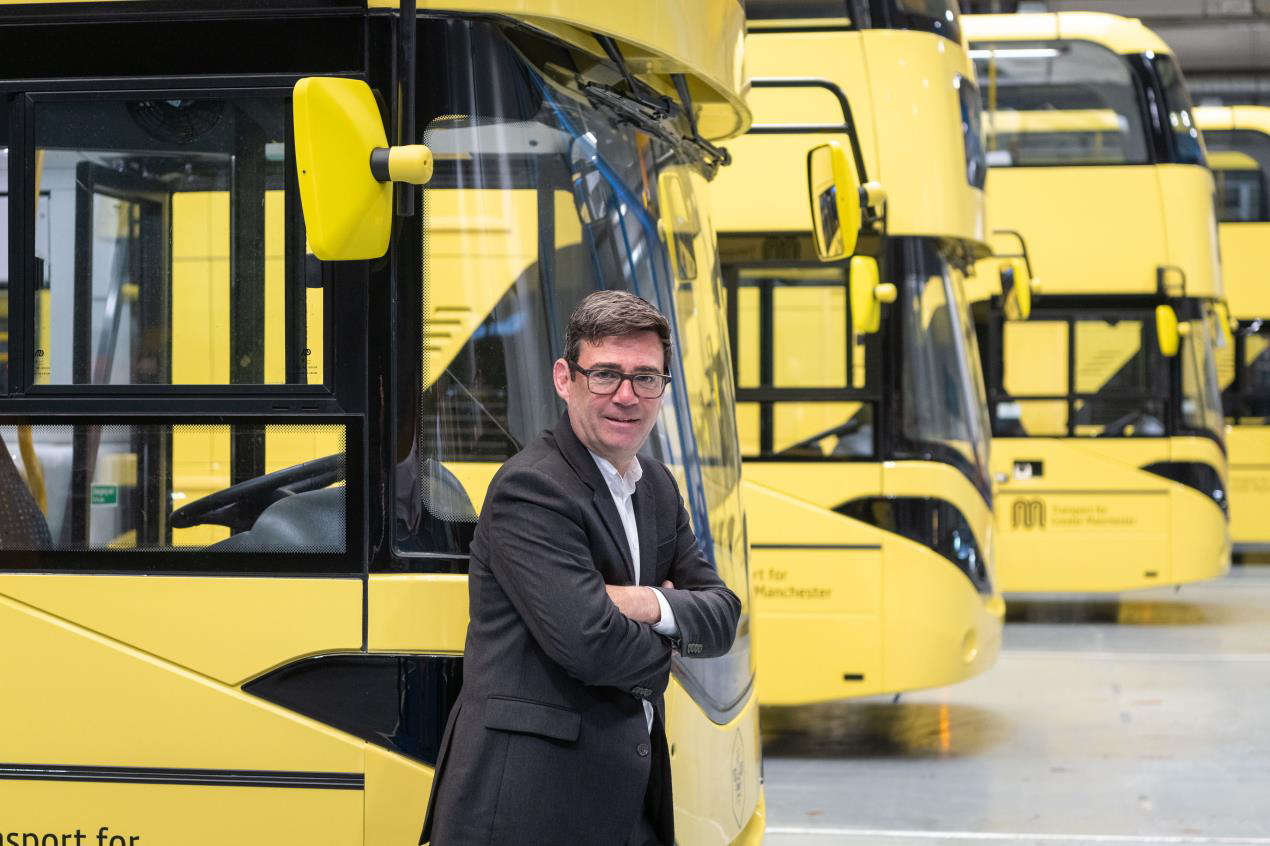
Greater Manchester’s very first Bee Network buses were handed over today (Friday)
Mayor of Greater Manchester Andy Burnham was in Larbert, Scotland to take receipt of the first five buses to have been built by Alexander Dennis.
Assembled over several months, each of the electric buses is 10.8m long and powered from 382kWh batteries, meaning they have no tailpipe emissions. During the visit, the mayor also met with several young apprentices studying towards electrical engineering qualifications.
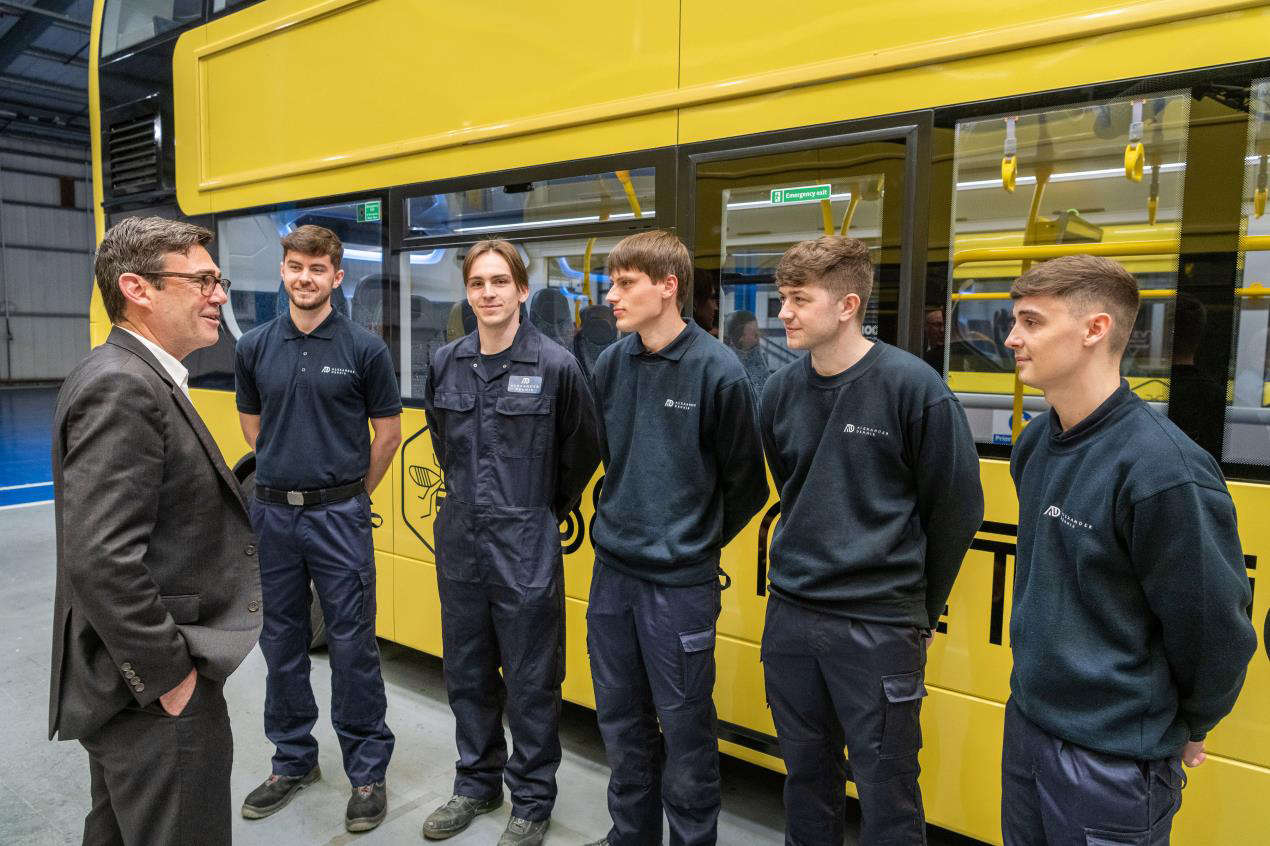
The buses will be amongst 50 new electric double-deck vehicles that will enter service in Wigan, Bolton and parts of Salford and Bury when buses are brought under local control for the first time in nearly 40 years from September. They will be fully inclusive, with two wheelchair bays, hearing induction loops, audio and visual announcement systems and anti-slip flooring.
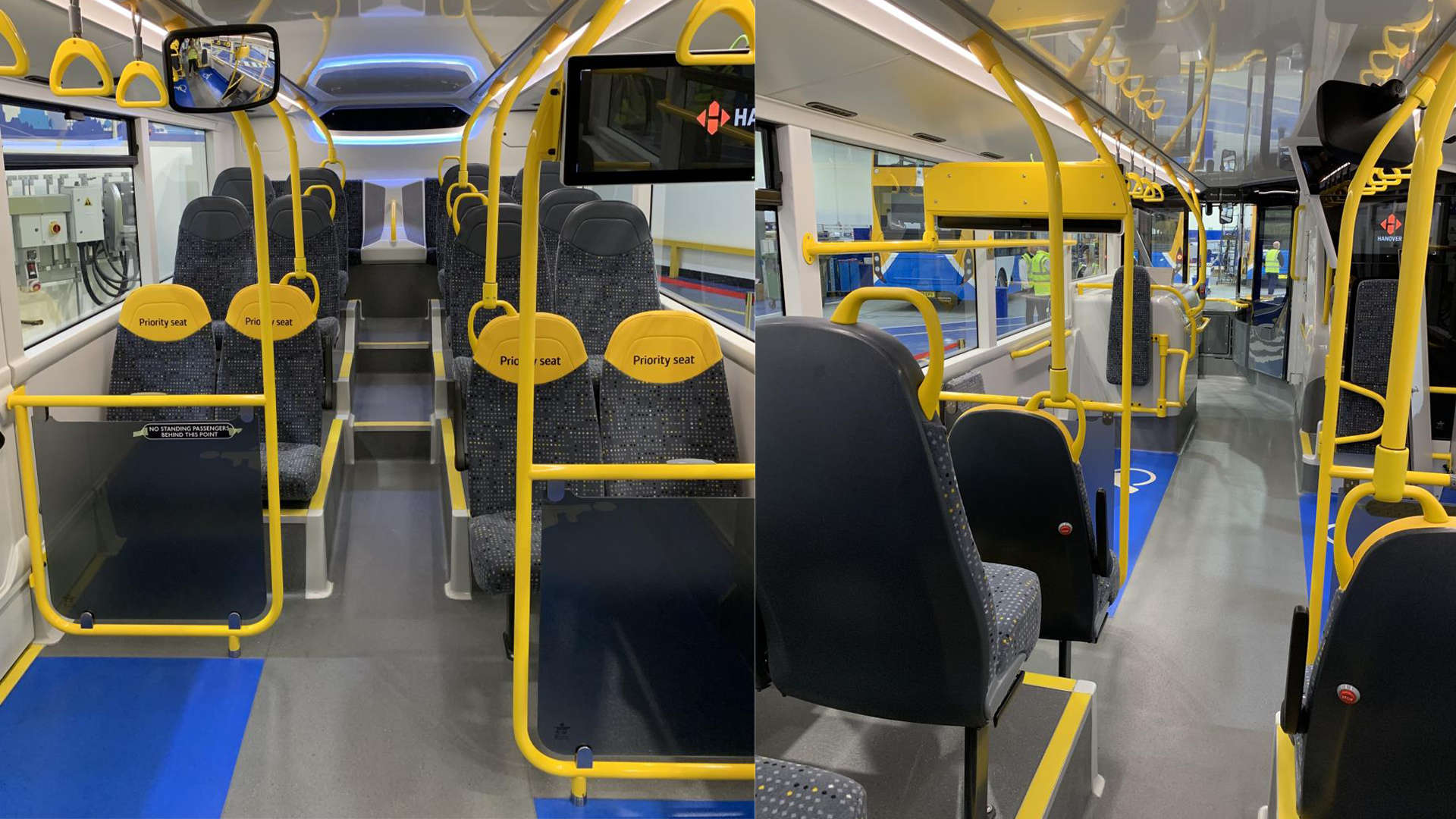
A further 50 will be delivered in March 2024, to support the ongoing roll-out of bus franchising, with services in Bury, Rochdale and Oldham and parts of Manchester, Salford and Tameside coming under local control from 24 March 2024. Services across the rest of Greater Manchester come under local control in January 2025.
Transformed bus services are a key part of Greater Manchester’s Bee Network plan for a more accessible and integrated network, bringing together local trams and buses – and ultimately local train services – with the largest walking, wheeling and cycling network anywhere in the UK.
Under the current system there is little passengers can do if their bus is late or fails to show up. By bringing buses under public control, the people of Greater Manchester will have a much greater say over their services, with punctuality, reliability and complaints impacting what operators get paid.
To make the service the best it can be, Transport for Greater Manchester (TfGM) is introducing a range of improvements, including the Bee Network Customer Contact Centre – that will provide an accessible and integrated single point of contact for customers travelling in Greater Manchester – and a new Bee Network app that will enable customers to buy tram and bus tickets and access real time information on services.
Mayor of Greater Manchester, Andy Burnham, said: “By bringing buses under local control and investing in new vehicles, routes, and services, we will start to transform how people get around Greater Manchester.
“Key to that is a world-class fleet of modern, accessible, and environmentally friendly buses – which is what these are.
“It was great to see the first ones off the production line and I can’t wait to see them full of passengers when the first services come under local control from September.
“The contract with Alexander Dennis is a brilliant example of the far-reaching benefits the work we are doing to improve public transport in Greater Manchester has to the UK economy. Through our supply chains we are helping to secure skilled jobs and training and I was delighted to have the opportunity to speak with the young apprentices, who look to have a great career ahead of them.”
The 100 new buses will be funded from the government’s City Region Sustainable Transport Settlement (CRSTS), with around 250 more to be delivered from 2024 through to 2027. A further 170 electric buses – jointly funded by Stagecoach and local and national government – will run in Stockport from 2024. The move will singlehandedly reduce carbon emissions by 1.1 million tonnes and help the city-region to deliver a sustainable public transport system with a zero-emission bus fleet by 2032.
Alexander Dennis Group Commercial Director, Martin West, said: “We are proud to be manufacturing the brand-new buses that will upgrade bus services in Greater Manchester as part of the Bee Network. These proven and reliable electric buses will deliver smooth journeys for passengers while cutting out tailpipe emissions wherever they go.
“The assembly of these buses in the UK supports the jobs and apprenticeships of over 2,000 team members in our company, who are proud to be leading the transition to zero-emission mobility. Through our domestic supply chain, this Bee Network investment benefits communities in the North of England and right across the country.”
To support the roll out of a new fleet of world-class, environmentally friendly buses, a leading, state-of-the-art electric bus depot – capable of holding 250 buses – will be built at Central Park in Manchester. TfGM will also take control of existing bus depots by buying or leasing them before refurbishing and transforming them into modern, high-tech, facilities.
Images: Transport for Greater Manchester
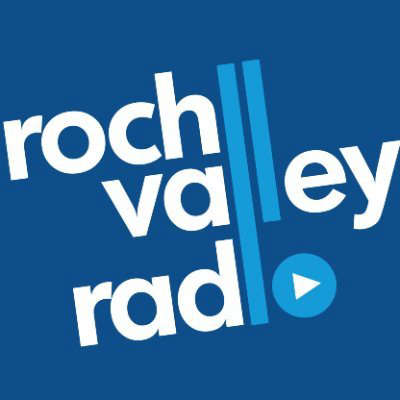

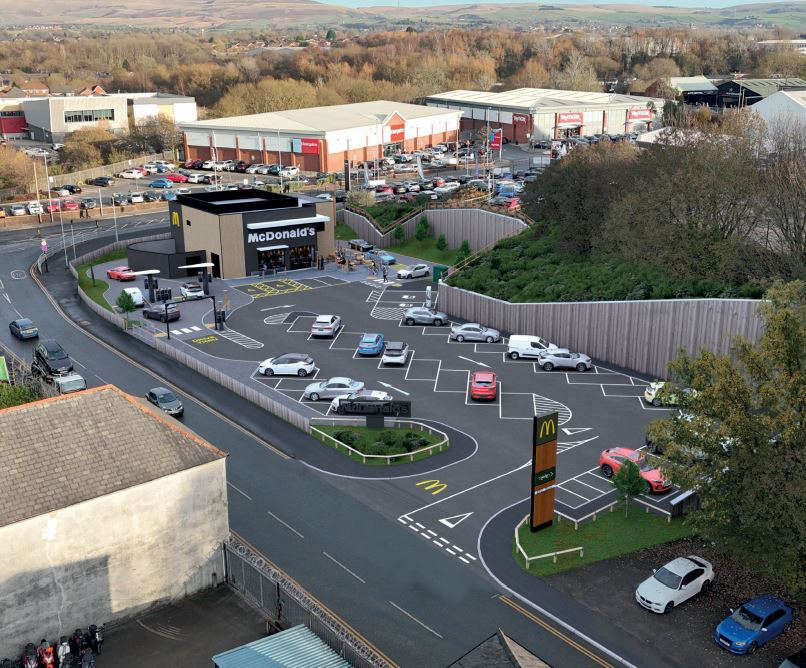 New McDonald’s drive-thru plan officially tabled
New McDonald’s drive-thru plan officially tabled
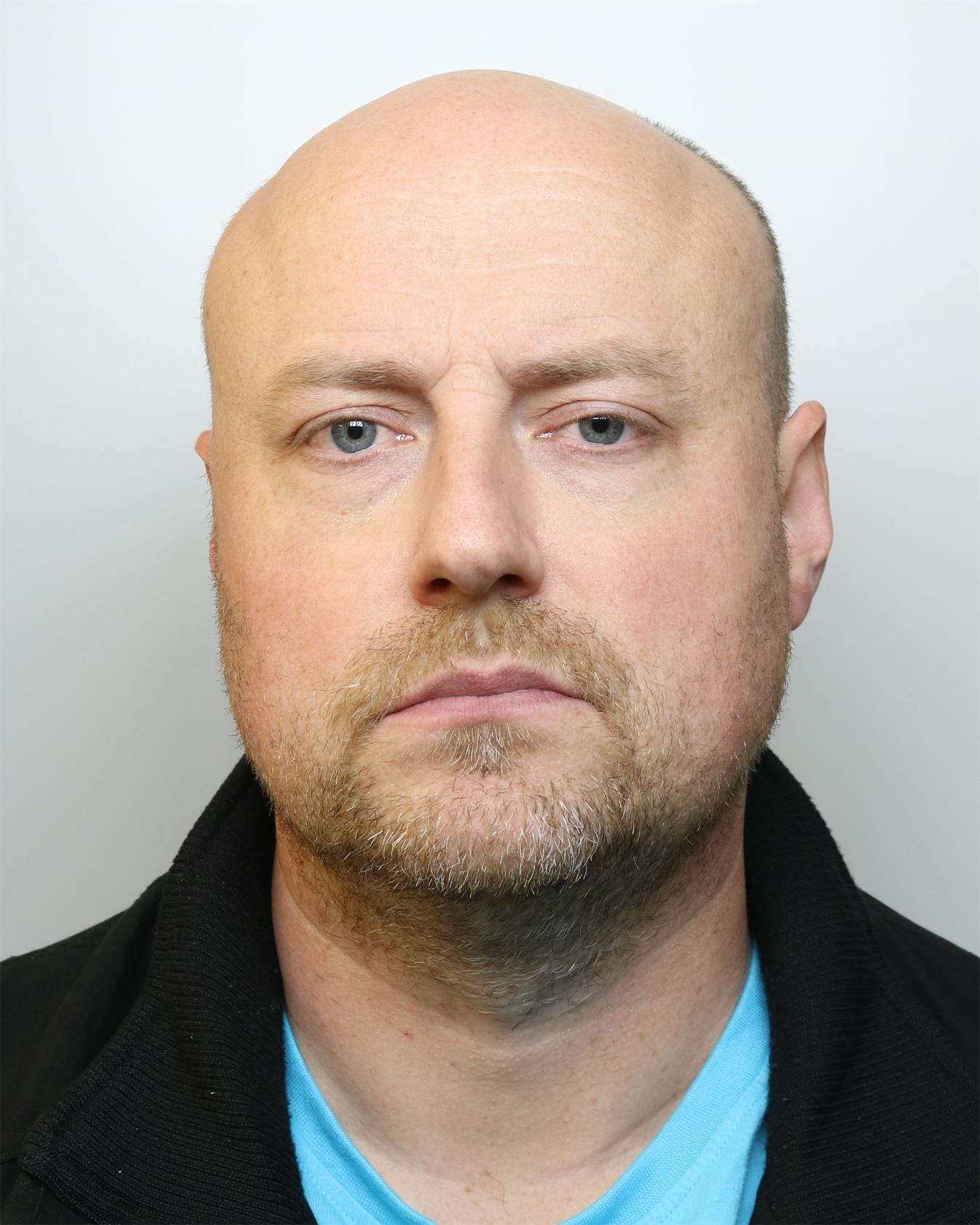 Detective Sergeant Dismissed and Banned from Policing following Sexual Assault Conviction
Detective Sergeant Dismissed and Banned from Policing following Sexual Assault Conviction
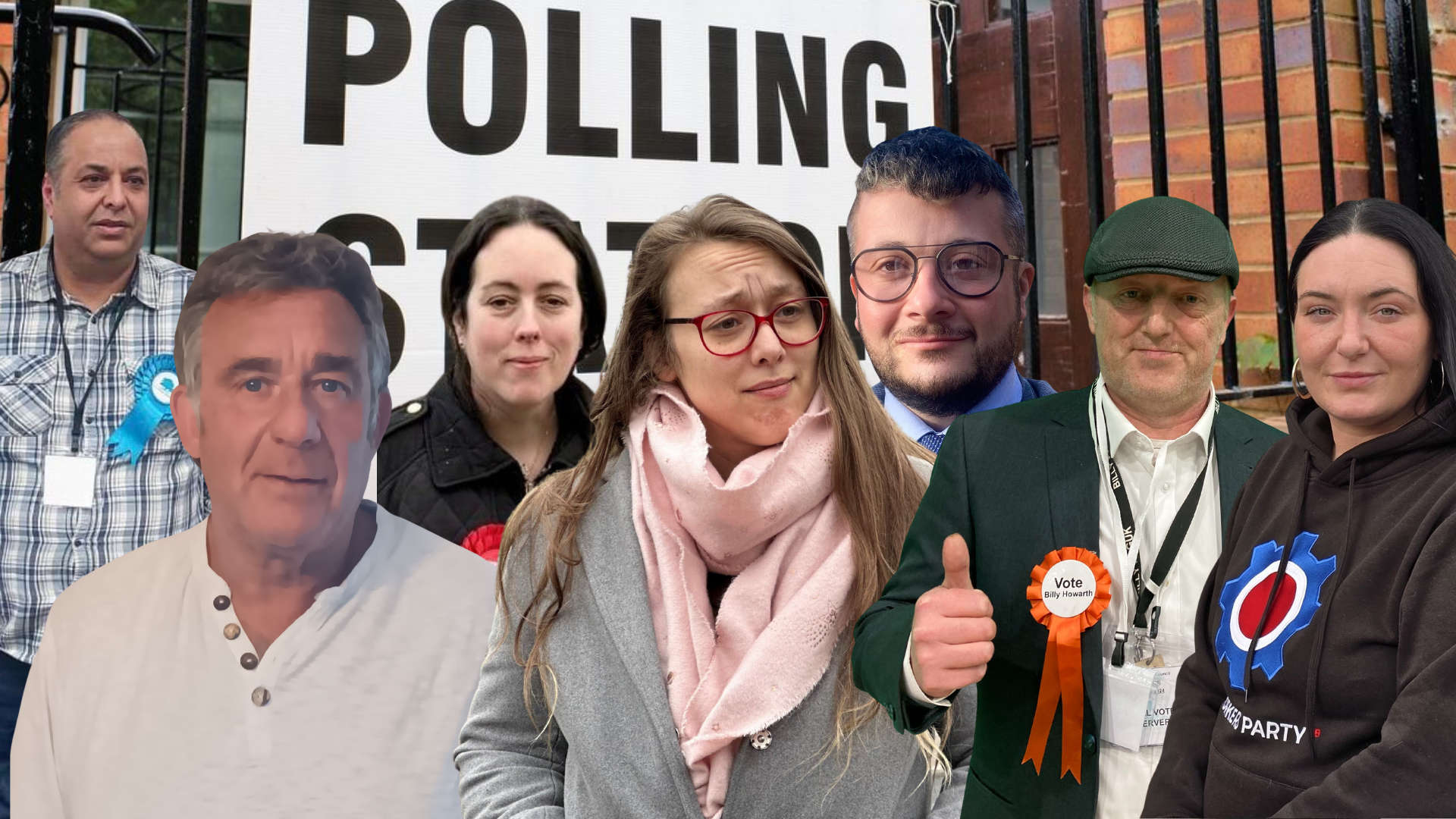 Each candidate hoping to win the Balderstone and Kirkholt by-election
Each candidate hoping to win the Balderstone and Kirkholt by-election
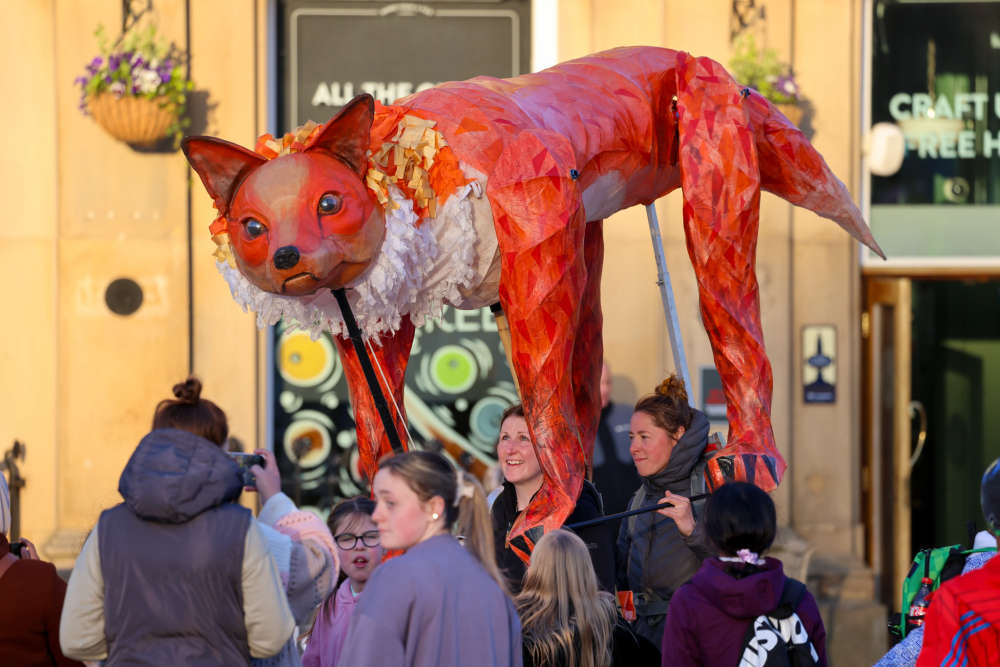 Thousands enjoy spectacular town centre parade
Thousands enjoy spectacular town centre parade
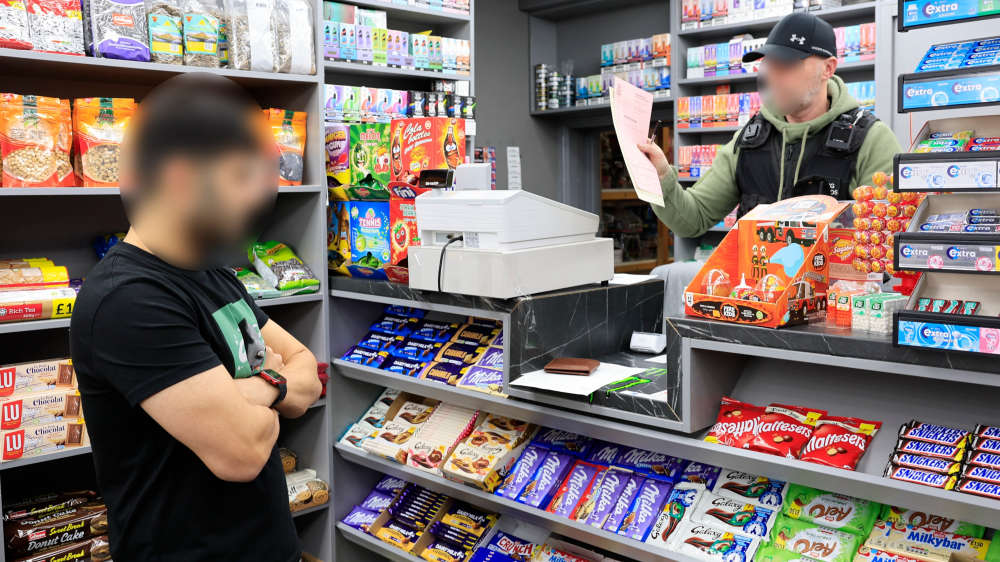 GMP and partners made more than 130 visits to business premises as part of a national intensification crackdown in March
GMP and partners made more than 130 visits to business premises as part of a national intensification crackdown in March
 Pub continues fight to keep outdoor ‘tipi’ after council orders them to remove it within a month
Pub continues fight to keep outdoor ‘tipi’ after council orders them to remove it within a month
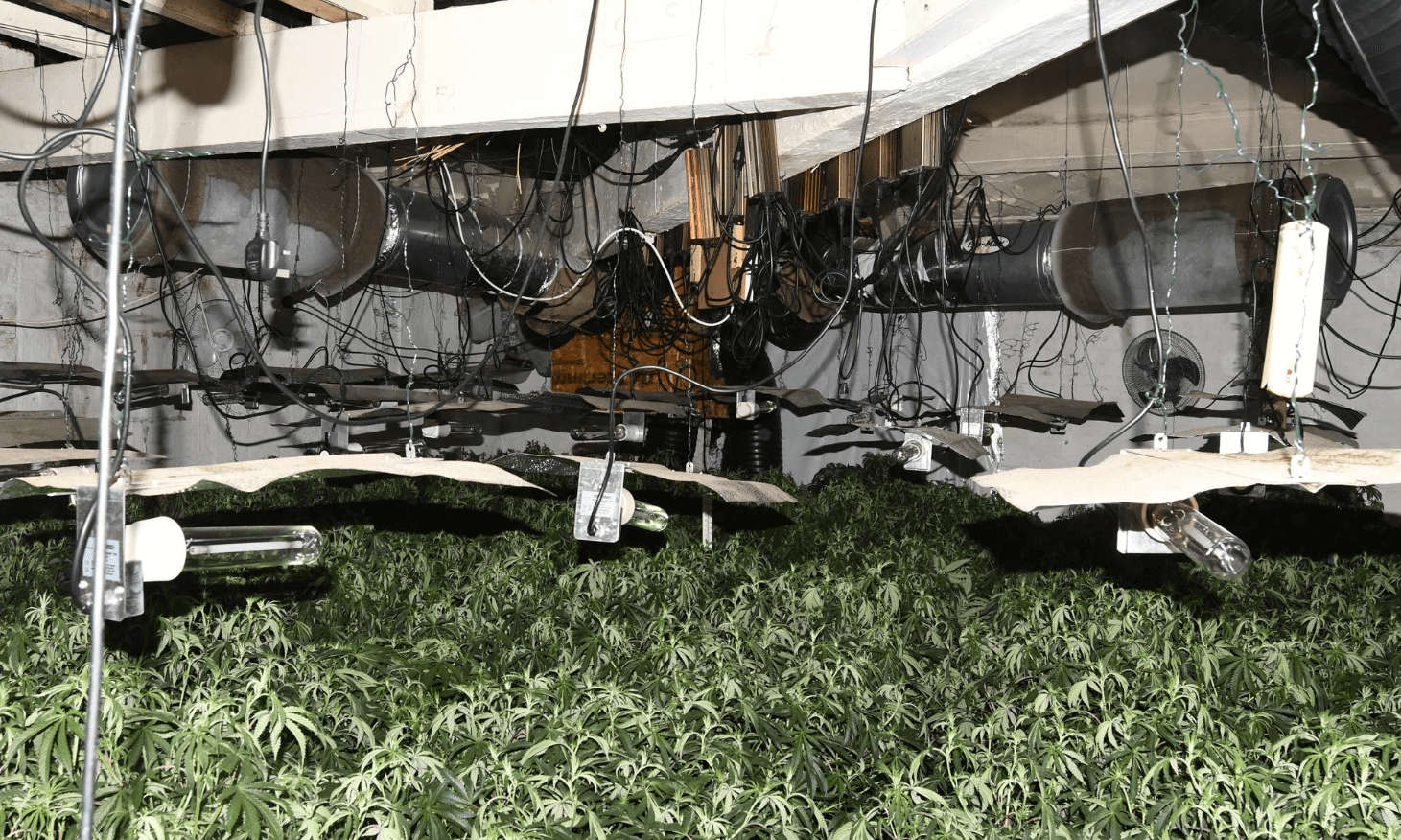 Cannabis plants worth up to £350k seized in Rochdale
Cannabis plants worth up to £350k seized in Rochdale
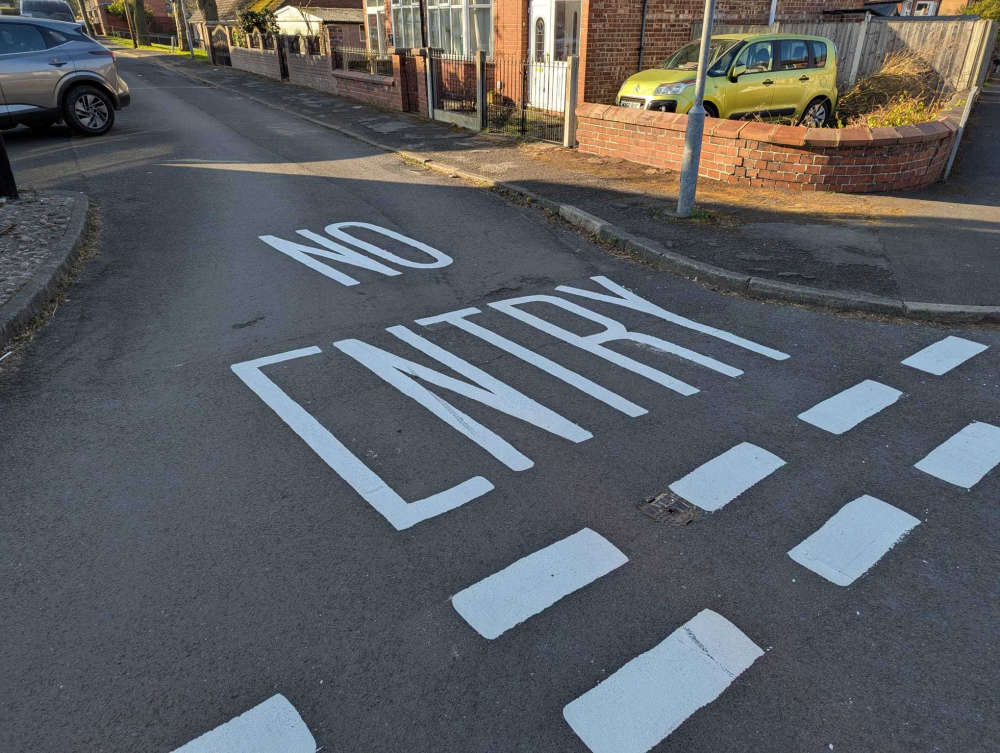 ‘You’ve missed a bit’ Road markings gaffe at entrance to one-way street
‘You’ve missed a bit’ Road markings gaffe at entrance to one-way street
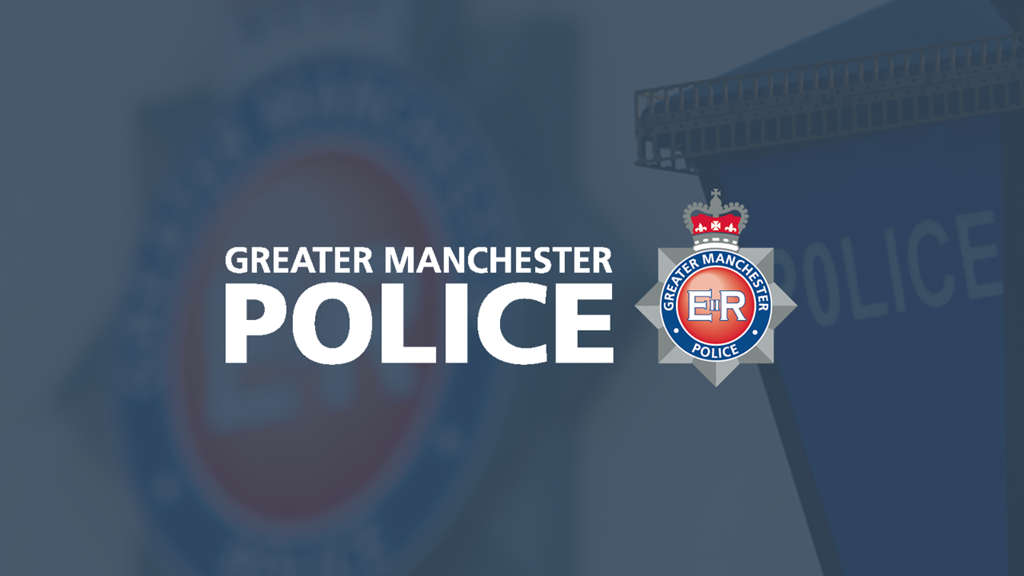 Man charged following reports of indecent exposure in Heywood
Man charged following reports of indecent exposure in Heywood
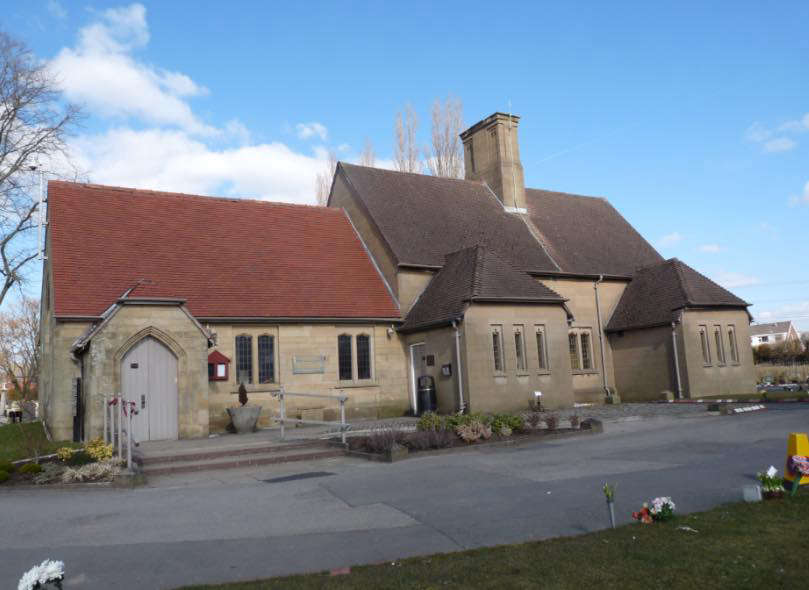 Middleton Township councillors blasted for turning public concern into online mudslinging
Middleton Township councillors blasted for turning public concern into online mudslinging
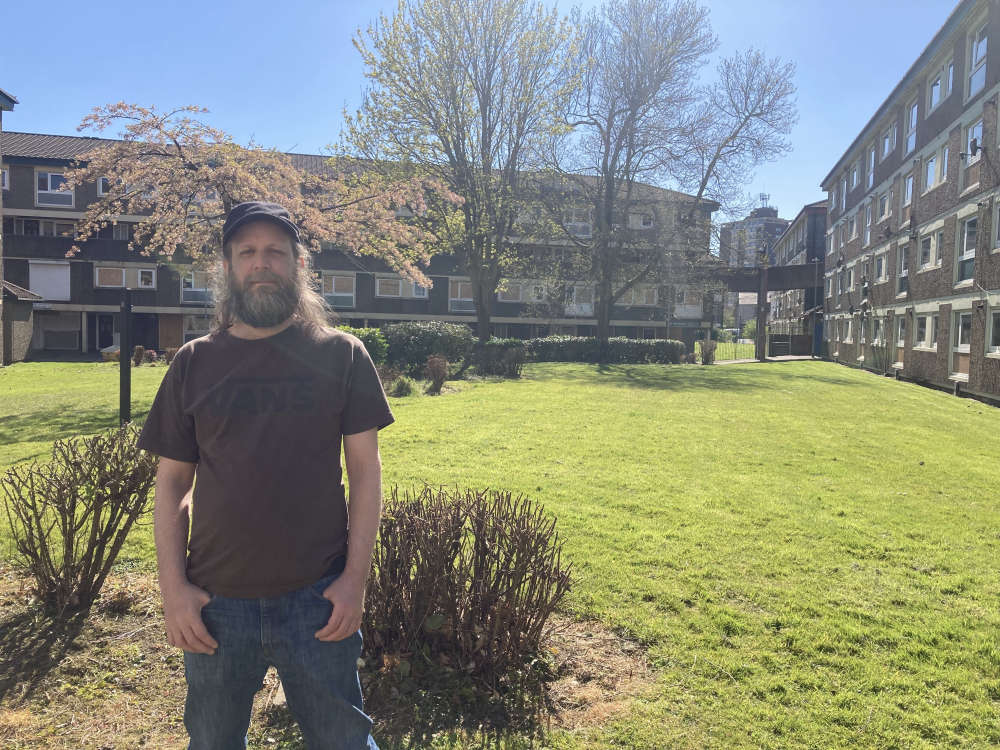 Life on Rochdale’s ‘sink estate’
Life on Rochdale’s ‘sink estate’
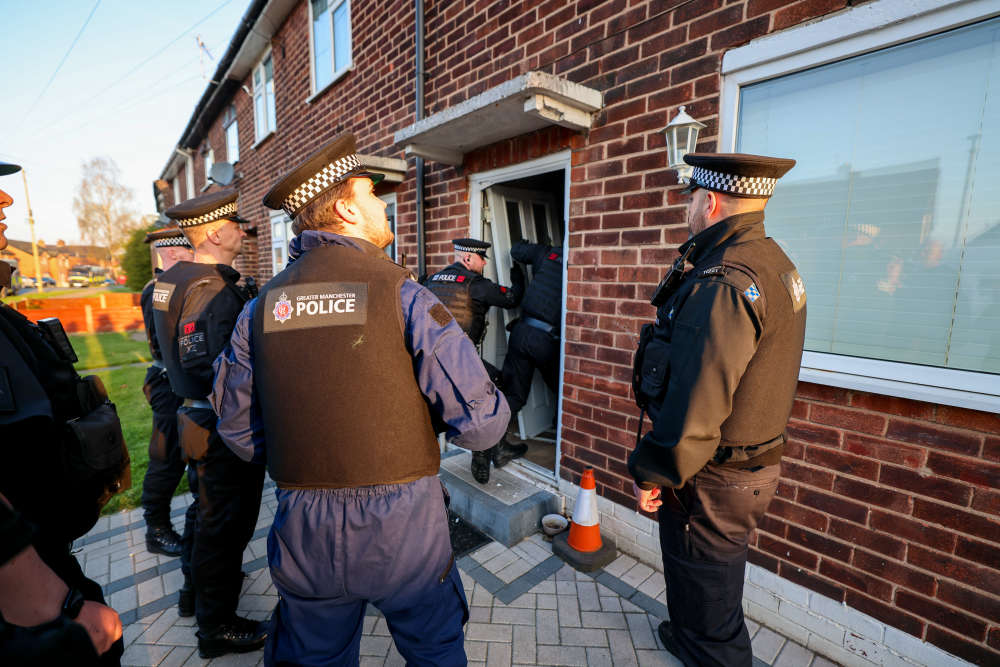 33 arrests, 80 traffic offences and £19k in illegal vapes seized as Operation AVRO makes dent in criminality across Bury
33 arrests, 80 traffic offences and £19k in illegal vapes seized as Operation AVRO makes dent in criminality across Bury


